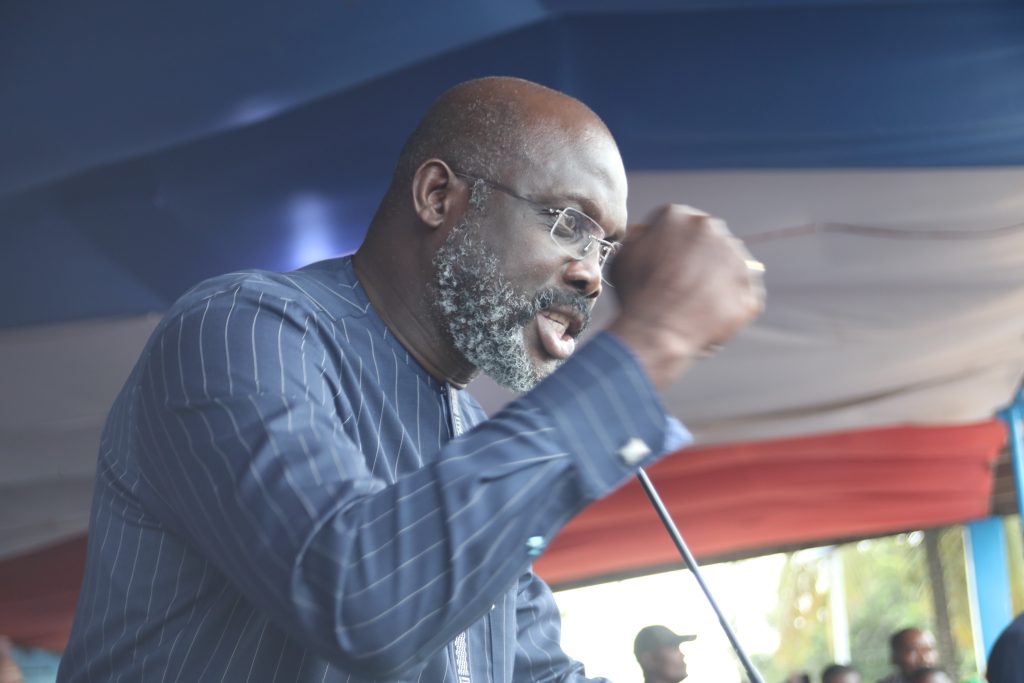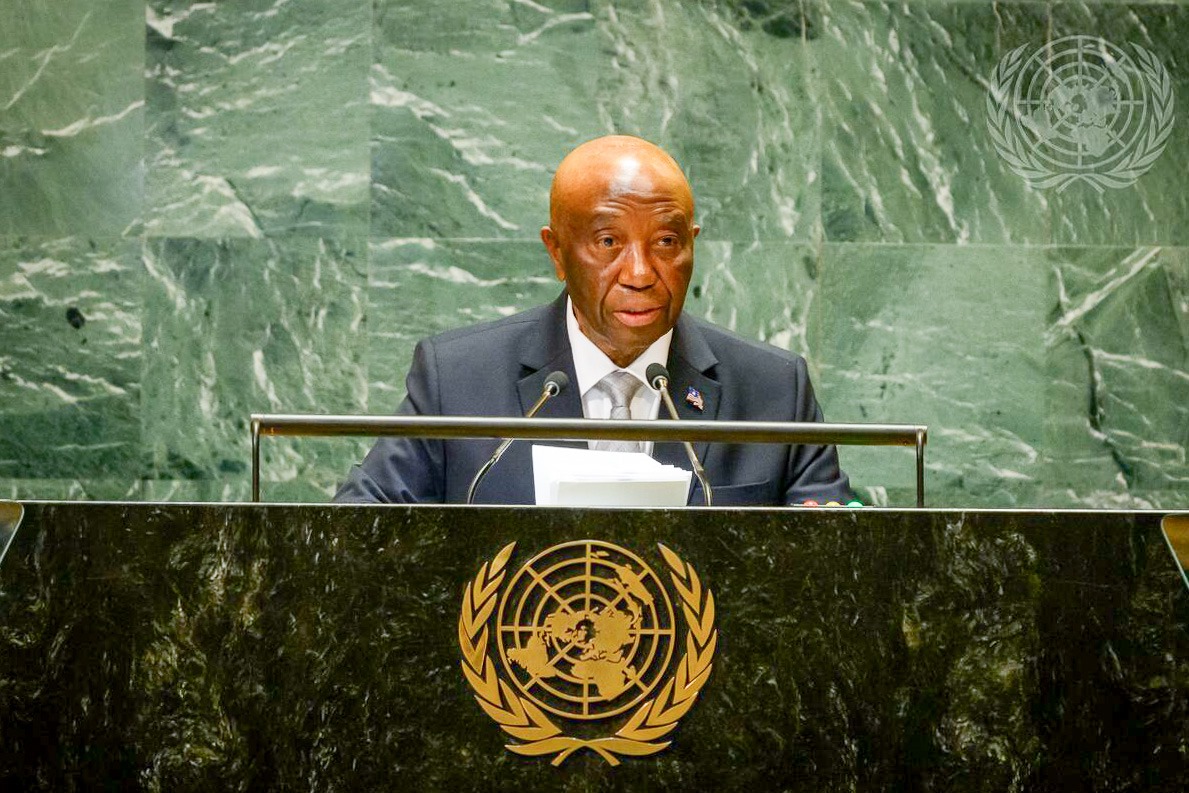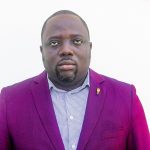In the wake of Liberia’s 2023 elections, many hoped President Joseph Boakai would prioritize fostering reconciliation and national unity. However, his address to the 79th UN General Assembly failed to confront these key issues adequately. The speech, which focused on Liberia’s progress in peace and democracy, left a glaring omission: a tangible call for reconciliation with his political opponents and a strategic plan for healing the deep divisions that remain in the country.
Boakai’s failure to mention “reconciliation” in his speech is emblematic of a broader neglect to address Liberia’s ongoing political fractures. During the campaign, tensions ran high, and many instances of violence were allegedly committed by supporters of the Unity Party headed by President Joseph Nyuma Boakai. Yet, despite these lingering concerns, Boakai has not taken significant steps to engage with his 2023 electoral rivals, missing a crucial opportunity to unite the country.

It can be recalled that on September 29, 2023, Josiah Saah Rayloe, a partisan of the Coalition for Democratic Change (CDC), was rounded up and brutally beaten to death in Foya, Lofa county in the most gruesome manner by supporters of Joseph N. Boakai’s Unity Party. Many of whom were rewarded with jobs in the current government.
In further retrospect, on August 11, 2023, scores of partisans of the UP led by one of their fiercest partisans, Peaches Queen Johnson brutally flogged Joshua Solomon around the Unity Party’s campaign office in Sinkor after being spotted wearing a CDC T-shirt and cap. This led to the death of Solomon.
The Boakai administration has not carried out any investigations. To compound such, officers of the Liberia National Police (LNP) and the Liberia Drug Enforcement Agency formulated a bogus search warrant and attacked the headquarters of the CDC on August 22, 2024, and clashed with a handful of partisans that stalled movement and economic activities around the Sinkor-Congo Town vicinity. The LNP had earlier encroached on the CDC headquarters, provoking violence on August 5, 2024, but the matter was resolved when officials of the main opposition party spoke to their partisans to avoid the provocation.
Former President George Weah was denied access to the VIP Lounge at Roberts International Airport (RIA) on two notable occasions:
February 27, 2024: Upon his return to Liberia from a vacation, President Weah and his entourage were unable to use the newly renovated VIP Lounge, which had been reserved for the sitting President, Joseph Boakai. This incident raised political tensions as it was perceived by Weah’s supporters as a slight from the new administration
June 6, 2024: President Weah and former First Lady Clar Marie Weah were again denied access to the VIP Lounge when traveling to Ghana. This incident stirred public discourse, with Weah’s team alleging that the refusal was politically motivated, while government officials maintained that the lounge is reserved exclusively for the sitting President
These two incidents highlight ongoing political friction between Weah’s CDC party and the Boakai administration.
The triggers for violence in Liberia remain rooted in economic hardship, youth unemployment, and unresolved issues from the civil war. While Boakai’s government has highlighted efforts toward economic reform and youth development, the ordinary people continue to live in abject poverty with people hardly affording to enroll the kids in school. Without proactive efforts to bring his political adversaries to the table and foster genuine dialogue, the potential for renewed unrest lingers.
Critics argue that Boakai’s reluctance to prioritize reconciliation mirrors a broader failure in his administration’s handling of national unity. His silence on the matter at the UN, a platform that could have showcased Liberia’s commitment to peace and reconciliation, is a concerning oversight. In a nation still recovering from years of conflict, leadership must include deliberate efforts to foster national healing and inclusivity, which Boakai has so far failed to deliver.
Liberian-born Emmanuel Orlind Cooper is an accomplished multimedia journalist with extensive experience covering news and stories on a variety of media platforms. Orlind's work frequently demonstrates his profound grasp of the region and its complexity, given his Liberian heritage.
Now residing in Woodbridge, Virginia, he keeps connecting with readers across continents with his perceptive journalism and sharing his viewpoint. He is well-respected in the sector because of his unwavering commitment to honesty and morality, which sets him apart in the field.
Orlind's work is more than simply his job; it's a dedication to giving voice to the voiceless, illuminating unsung tales, and advancing the worldwide conversation on important concerns. His goal as a journalist is to use the media's power to change the world, not just to disseminate information. He is a key player in modern journalism because of the inspiration, education, and engagement that his work consistently provides.


